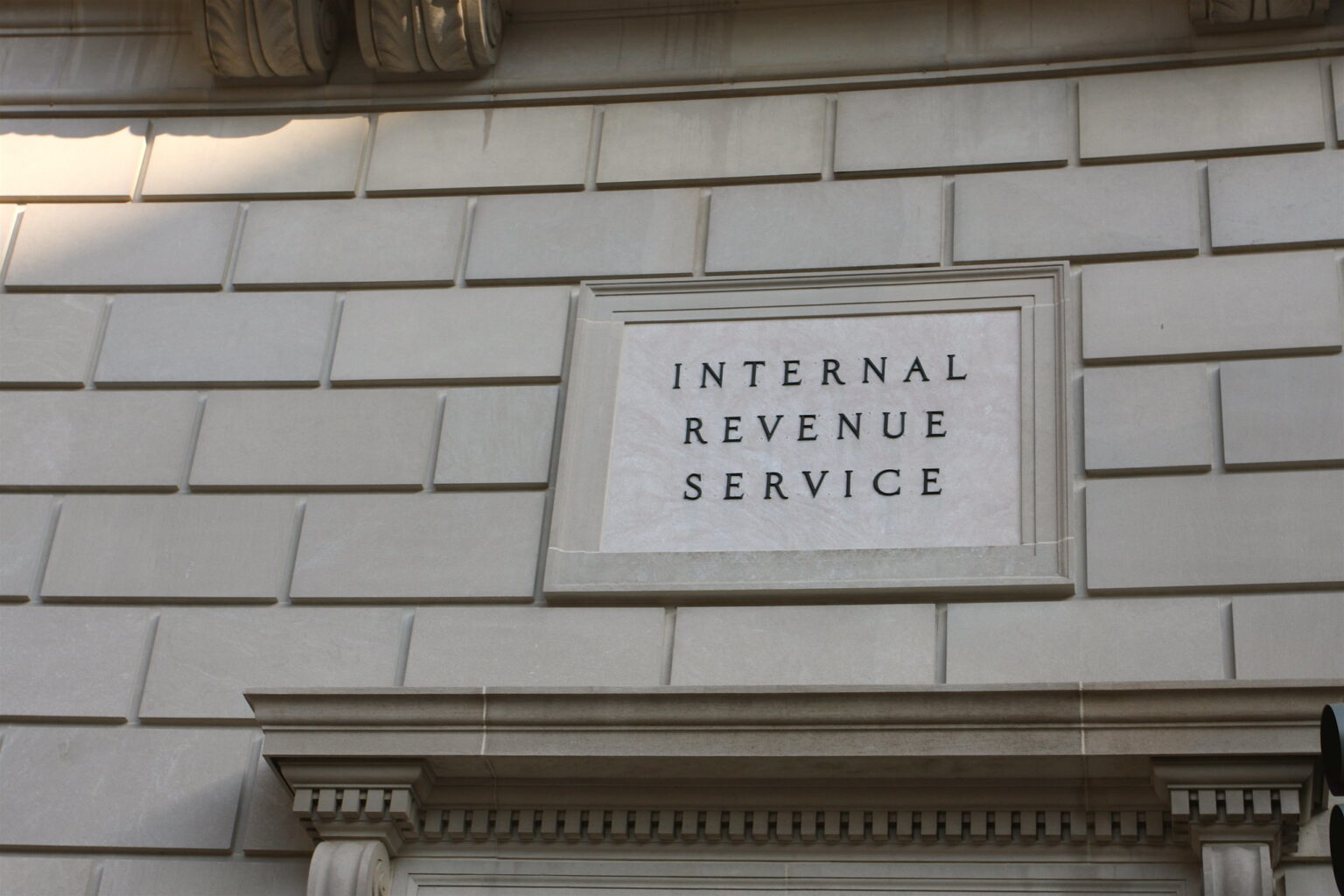Due to misinformation spread by social media and promoters, the IRS published a taxpayer alert to raise awareness of improper credit claims suggesting that individuals may qualify for the “Self-Employment Tax Credit” and receive payments of up to $32,000.
According to the IRS, social media is leading consumers into thinking they qualify for a credit that they do not. The misinformation spreading on social media is causing consumers to wrongly claim credits they are ineligible for.
False Claims
The alert seeks to clear up where the misunderstanding is coming from. According the the press release, the Self Employment Tax Credit is being conflated with the Credit for Sick and Family Leave. The Credit for Sick and Family Leave only applies for specific COVID-related circumstances from 2020 and 2021.
To qualify for the Sick and Family Leave Credit, self-employed individuals must meet specific criteria, such as being unable to work due to quarantine or isolation, or caring for someone else due to COVID-19 in 2020 and 2021. The IRS strongly advises using a tax professional to ensure accurate claims. Incorrect filings could lead to refund delays and possible penalties.
Some videos on social media regarding this tax credit gained millions of views and hundreds of thousands of likes. Many commenters ask the content creator for their help, asking how much they would charge for a consultation.
The so-called “Self-Employment Tax Credit” follows other misleading claims, like the Employee Retention Credit (ERC). The ERC is a refundable tax credit for businesses that continued paying employees during COVID-19 after reducing or halting operations, experiencing a significant drop in gross income due to government orders.
Funds for Wrongly Claimed Self-Employment Tax Credit
The IRS has received over $250 million in ERC withdrawals after establishing a process for employers who wrongfully claimed the credit due to being misled by promoters in order to help taxpayers avoid repayments or penalties. ERC claims can also be withdrawn if a check was received but not cashed or deposited.
Another tax credit the IRS warns about is the “Fuel Tax Credit.” If incorrectly claimed, the Fuel Tax Credit may result in civil and criminal penalties. This credit is typically for off-highway business and farming, making it uncommon for most taxpayers. Likewise, the eligibility criteria are often inaccurate on social media, leading to thousands of claims from ineligible taxpayers.
The IRS encourages avoiding advice from marketers or social media, emphasizing educational efforts to debunk myths.
The IRS Newsroom uses the “Dirty Dozen” list to expose scams and clear up misinformation that taxpayers should be aware of. Additionally, it provides eligibility criteria for tax credit claims. This educational effort, started in 2002, aims to raise awareness among taxpayers and tax professionals.
Related: Millions of Social Security Recipients Affected by New Changes


